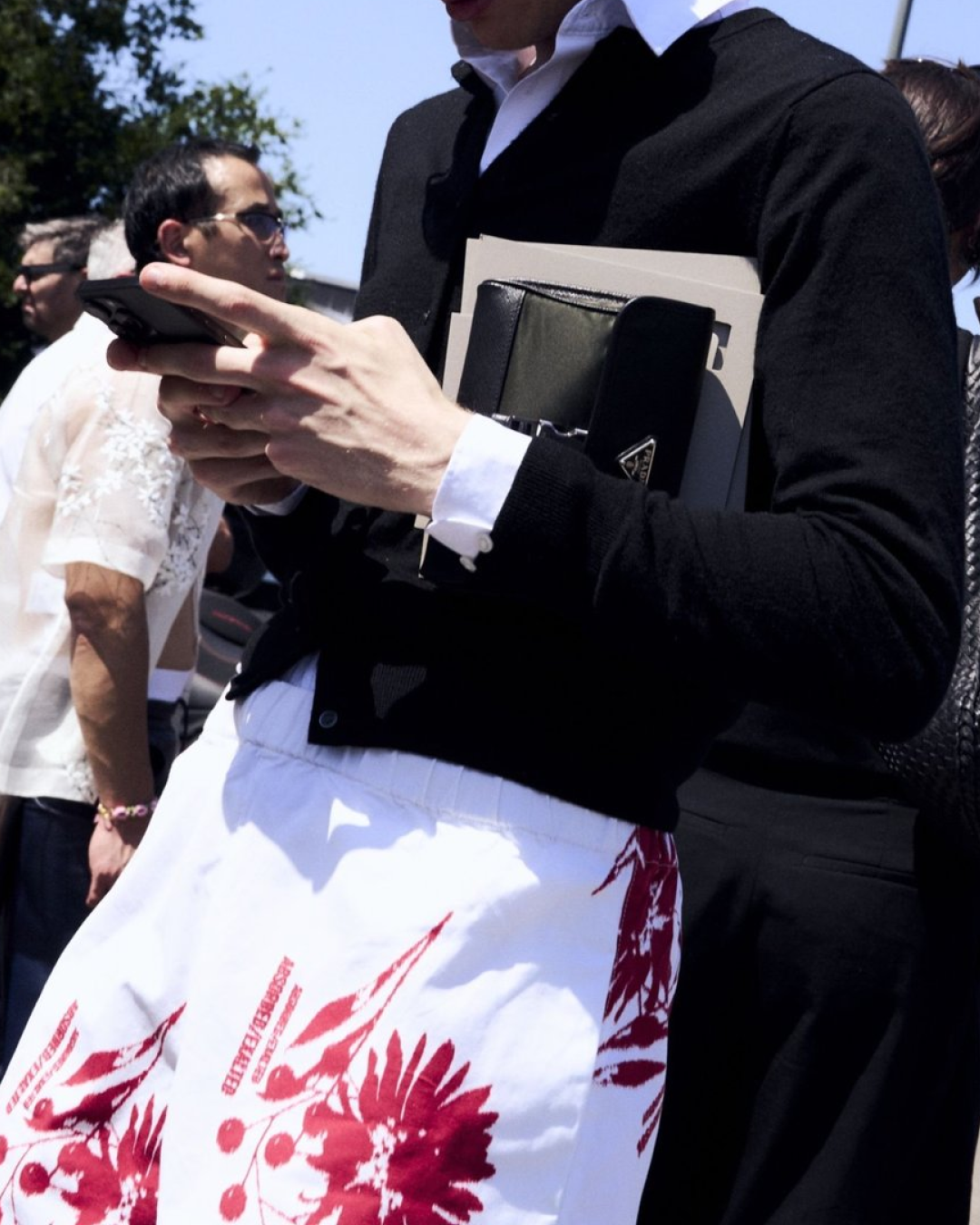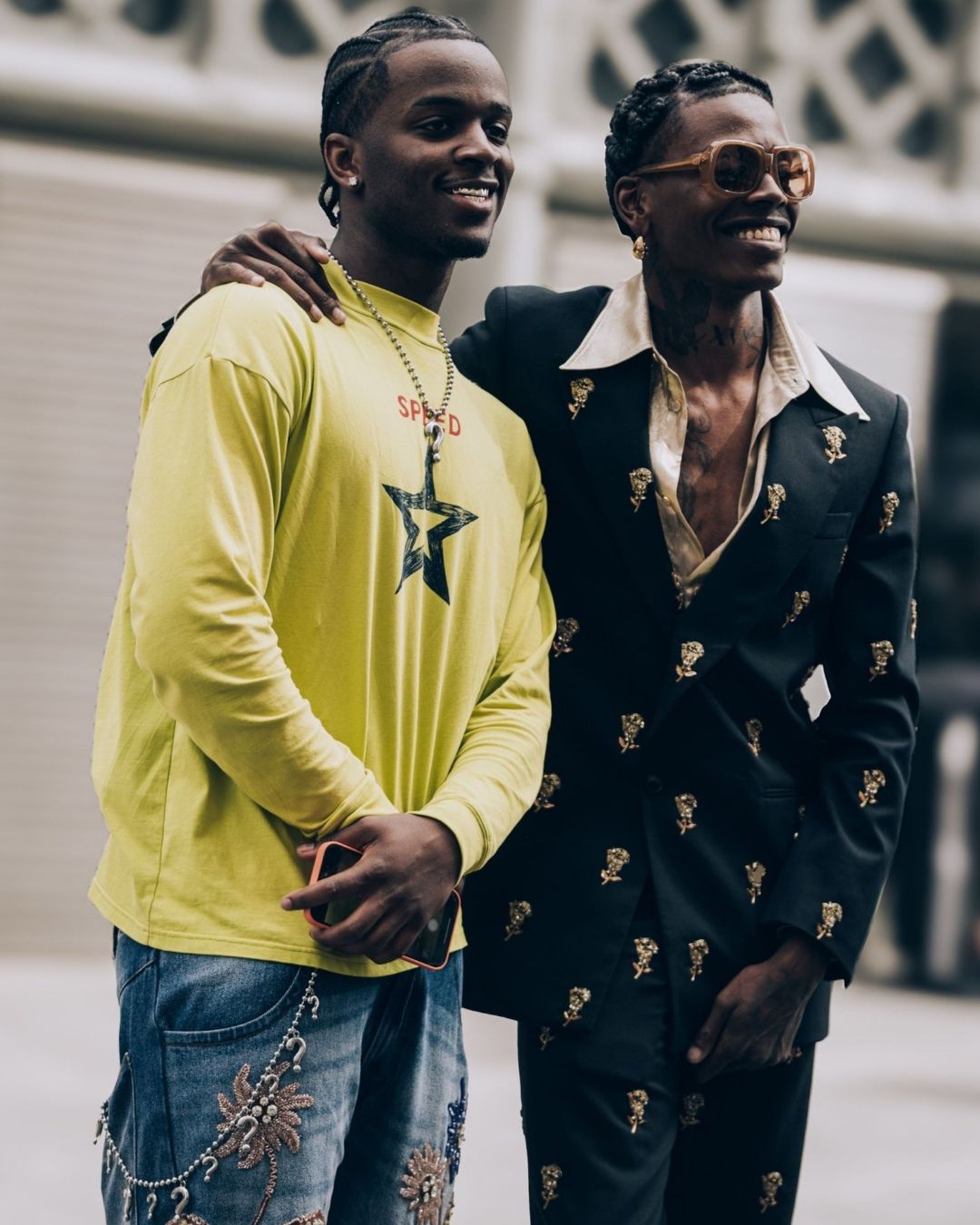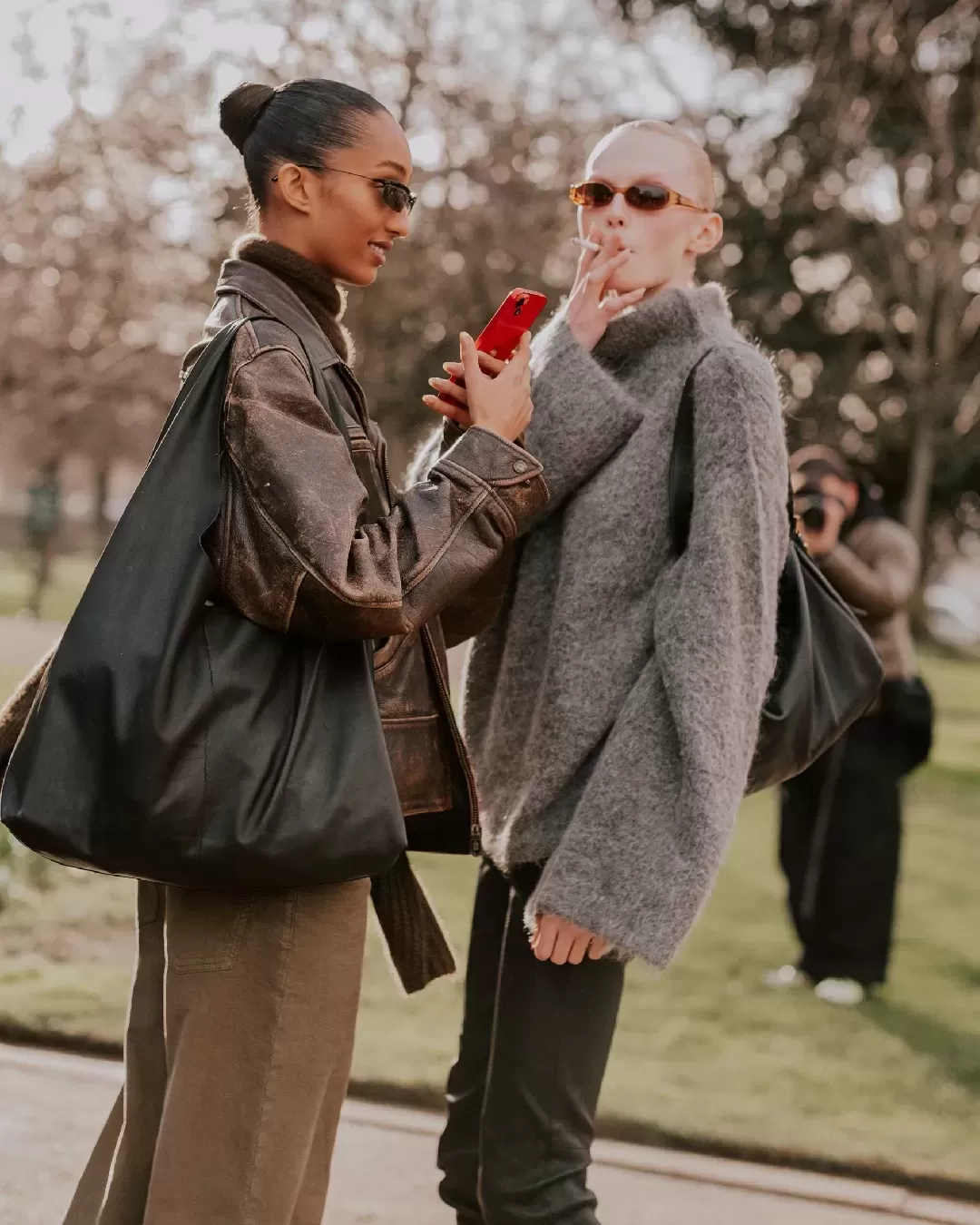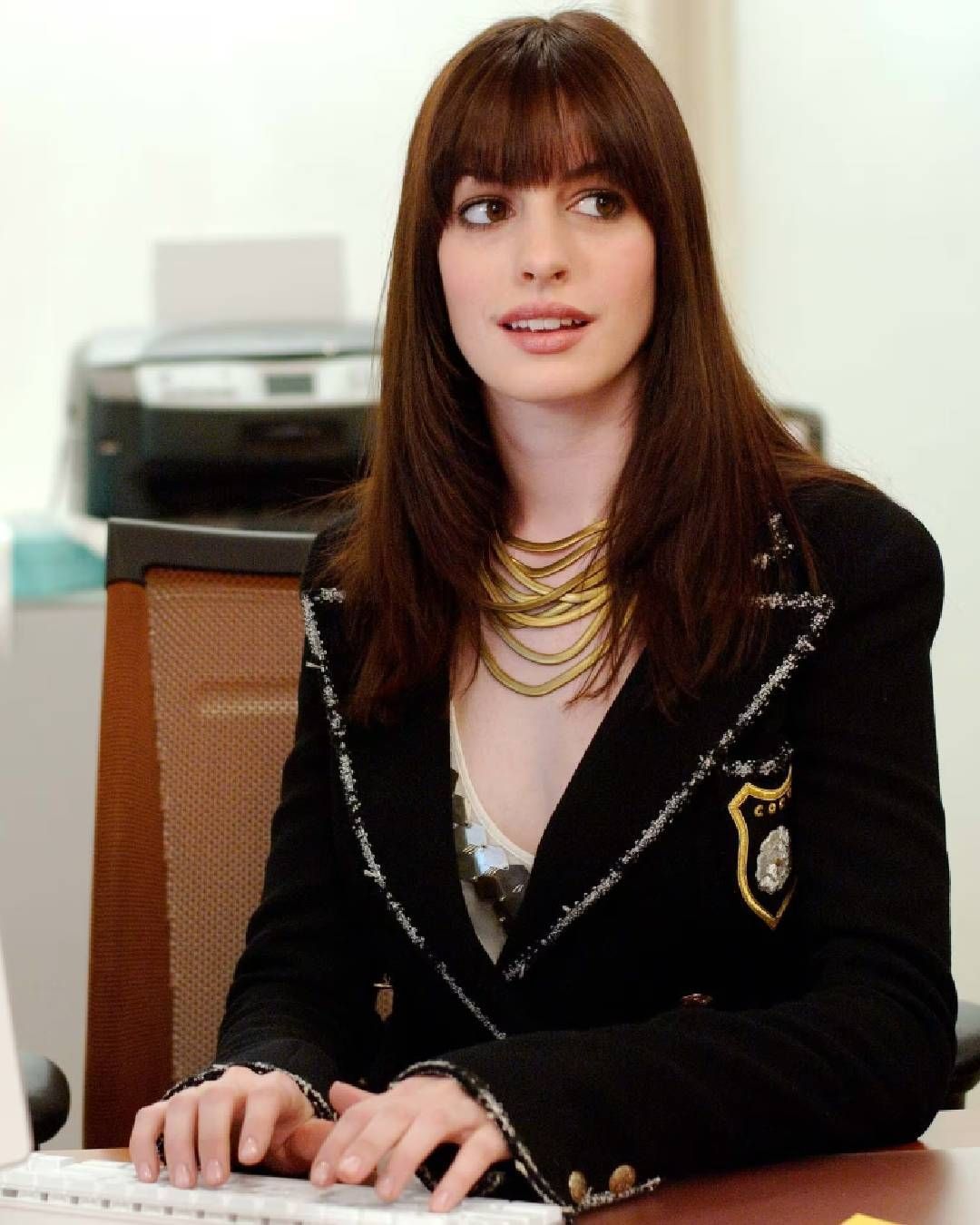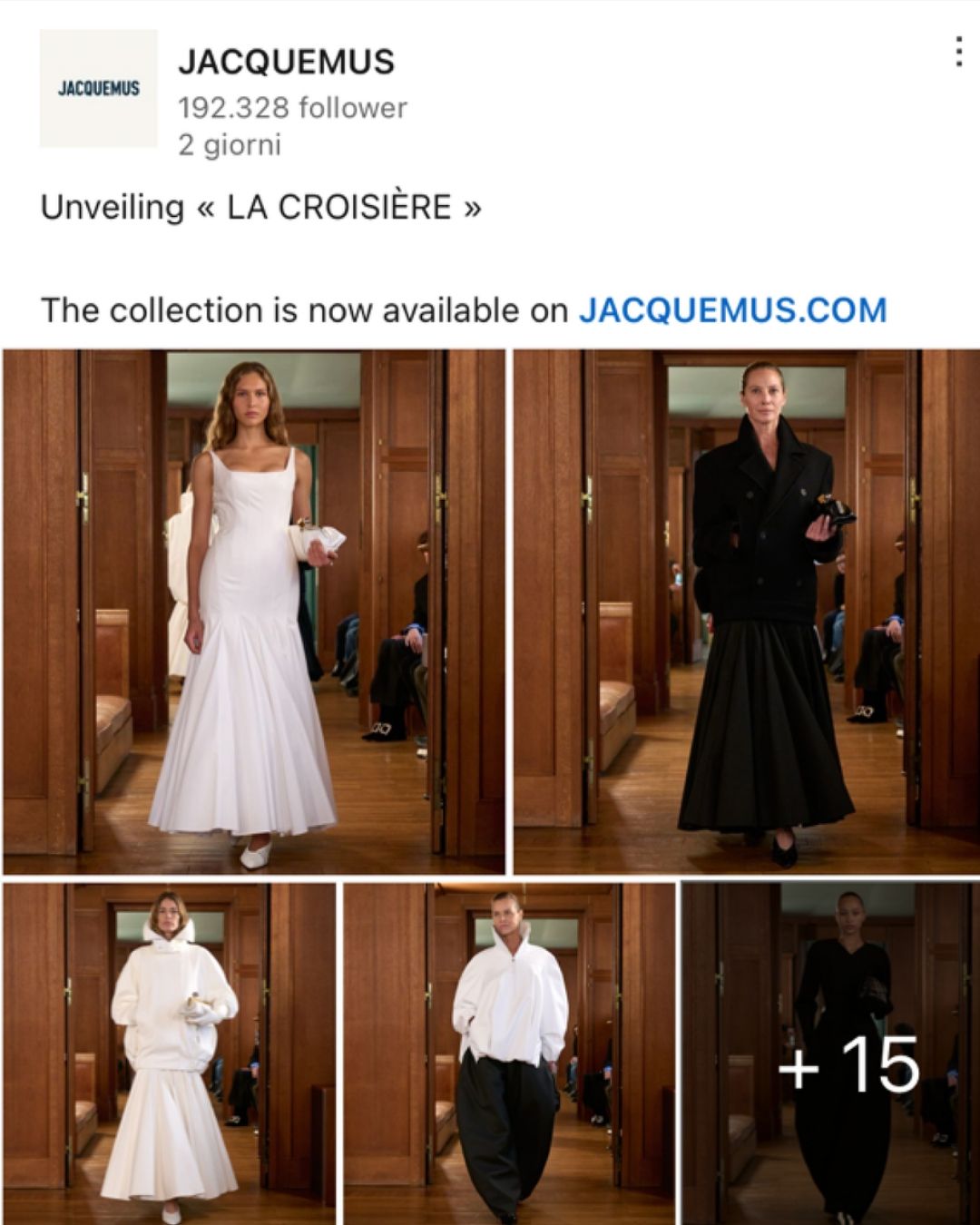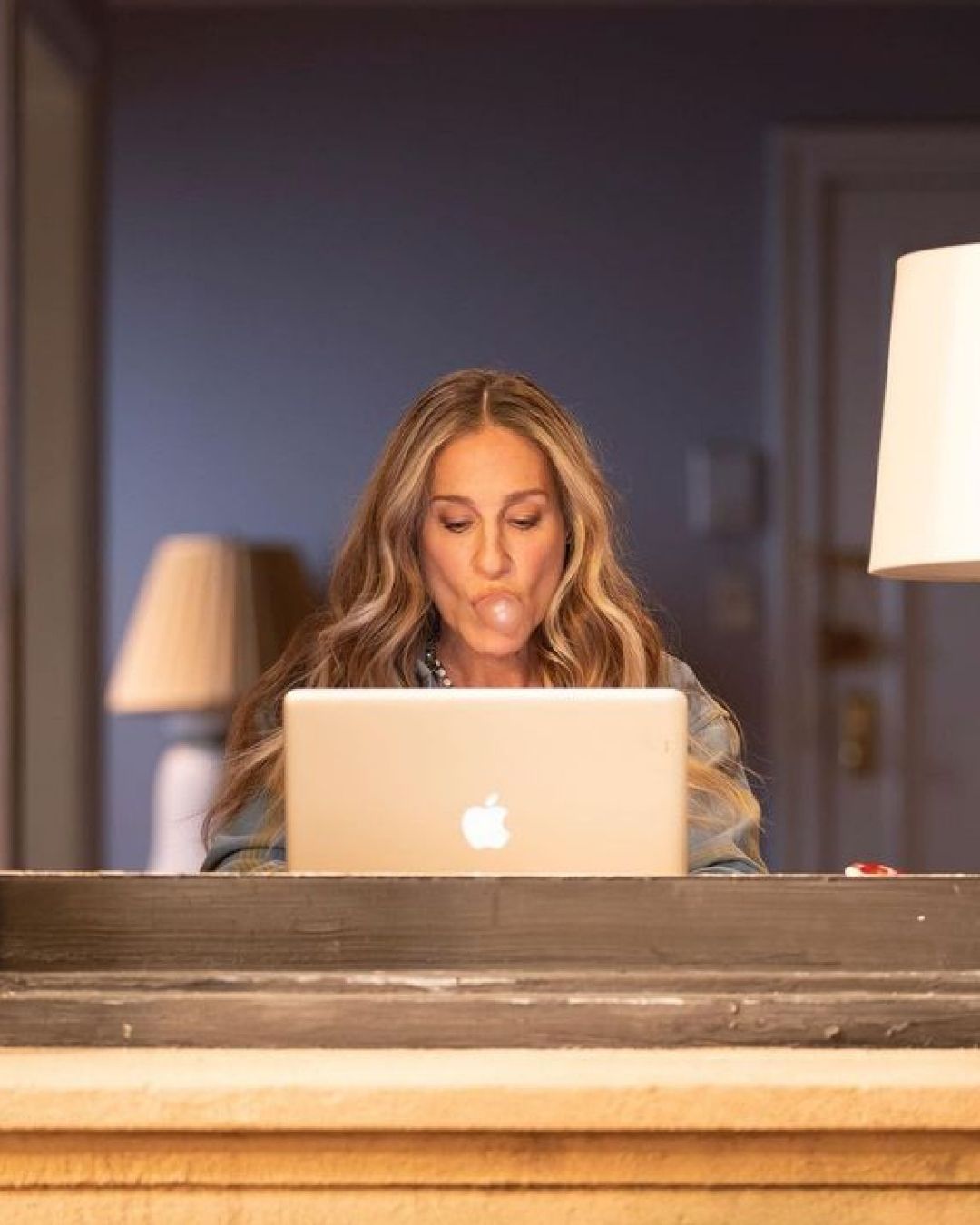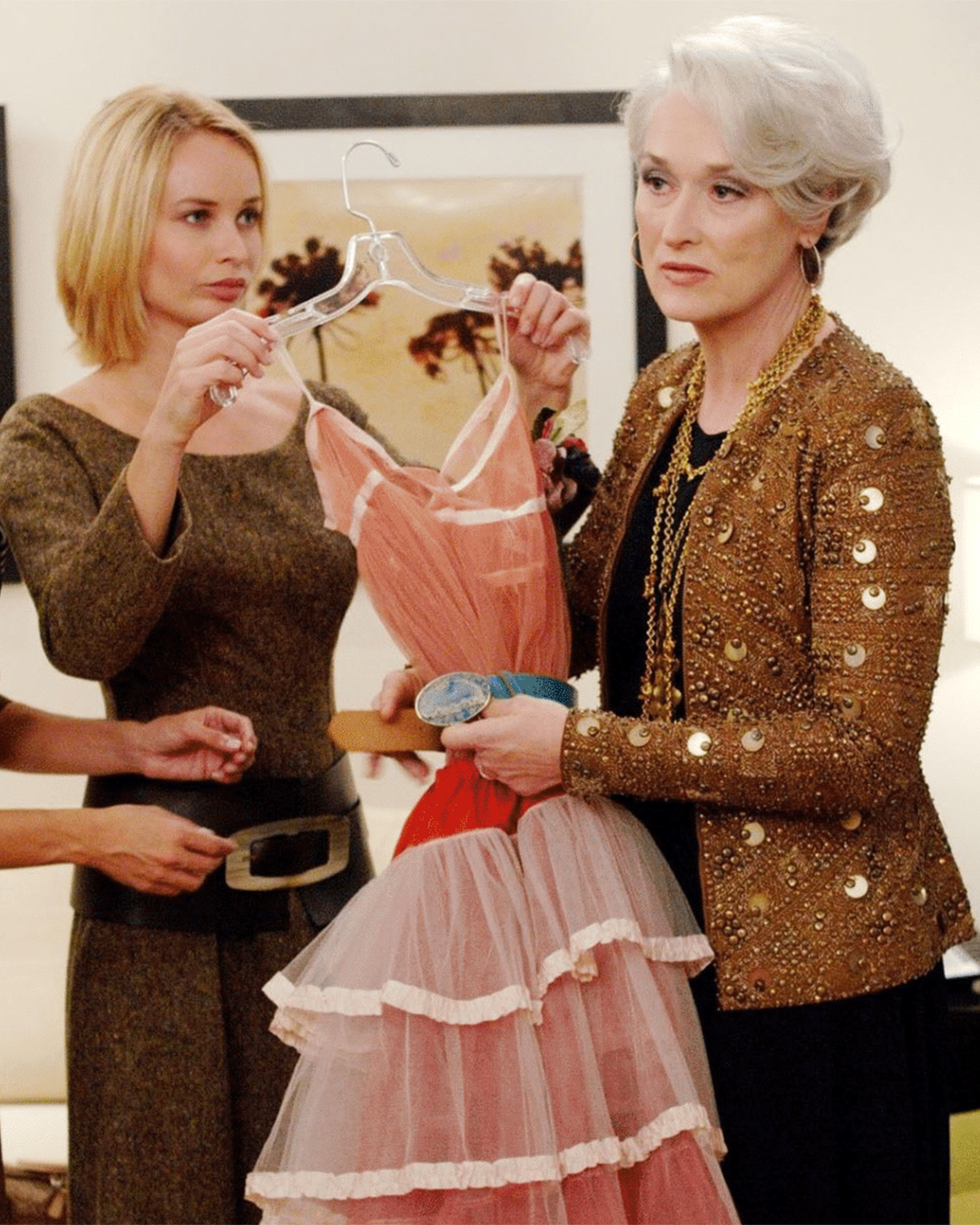
How feedback became the foundation of a creative career And why it is important to constantly update your bio
Careers, especially in the creative field, are rarely truly planned and at times, it’s better to be guided by feedback. Educational offerings often seem laughable—they try to cover everything, even when it’s impossible. There are degree programs that promise to teach you the avant-garde, or artificial paths designed to turn you into a “critical thinker” on specific topics. However, among the many things schools can offer, there are some that simply cannot be taught, such as attitude. In the face of imposed flexibility, it’s worth acknowledging that, in some cases, a career is nothing more than the accumulation of feedback received, both in private and public life—if such a distinction still exists today, where every encounter is a potential interview. In this context, it becomes clear that a profession is not just defined by what one does, but by how others interpret that doing. The figure of the contemporary worker is hybrid, often self-driven, in a constant tension between hyper-productivity and the need for recognition. Feedback is not an external moment to practice, but an integral part of the shape a career takes over time. It is the comments of others that assign us a new role, perhaps unexpected, or unlock a professional identity still lying dormant. The bio is not a résumé but a performance.
@idoribz Everyone’s a critic now…#work #corporate #funny original sound - hrh clips <3
There is a growing discrepancy between what one knows how to do, what one wants to do, and what is perceived as “marketable.” That’s why updating your bio is not narcissism but an act of strategic survival. Entering the market today means building multiple versions of yourself, each oriented toward a specific target, field, or time. Specialization is important, of course, but in the era of capitalist realism, being specialized is the norm, not the exception. Having a degree from the most prestigious school and two overpriced master’s degrees from a private university is just the beginning. Perhaps the best advice is to constantly update your LinkedIn profile: as we can see, what once seemed like an outdated platform now perfectly reflects how the job market operates today. Silvio Lorusso, author of several foundational texts on creative work, speaks about LinkedIn, saying, “It simply reflects the extreme flexibility and constant demand for self-improvement these young professionals face.” Especially in the creative sphere, it’s extremely difficult right now to clearly define your own skill set in advance to appear employable, when even a party or a simple Instagram post can become a potential foundation for a future project.
it's arguably more important to give people positive feedback than critical feedback because people do their best, most creative work when they know what their strengths are and leverage them
— elaine (@lainewrites) April 25, 2025
It often happens, in fact, that during a job, someone outside your team points out a skill in an area you didn’t technically consider one of your competencies, at least on paper. All disciplines that deal with design compel us to take such feedback into account and nurture it constantly. Elsa Schiaparelli and Rei Kawakubo studied philosophy, Giorgio Armani was supposed to become a dentist, Tilda Swinton studied political science, and Zaha Hadid studied mathematics. In some of these cases, there were likely external influences that saw nuances in these people’s behavior or activities that they themselves didn’t recognize. The feedback you receive often speaks more clearly than the lofty lines on your degree, because creative industries rarely follow a linear path: networks, visibility, and reputation matter just as much as formal credentials. And perhaps, just perhaps, you’ll end up changing your online bio more times than you ever imagined.









































